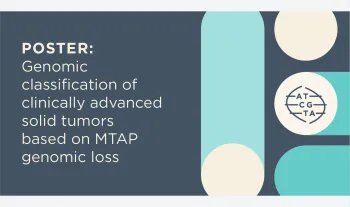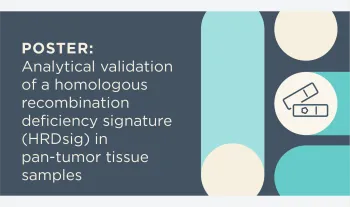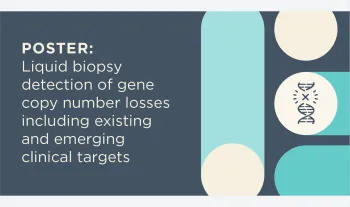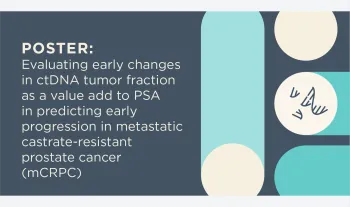Presented at ASCO 2024
Key Finding1:
- The genomic landscape of MTAP complete and partial loss across more than 540,000 clinical samples shows a frequency pan-cancer of 9.3%
- Highest frequencies in glioblastoma (43%), bladder cancer (25%), pancreatic cancer (22%), and non-small cell lung cancer (13%)
- MTAP loss is a frequent genomic alteration of emerging clinical importance as the clinical trials using PRMT5 and MTA-2 inhibitors progress







